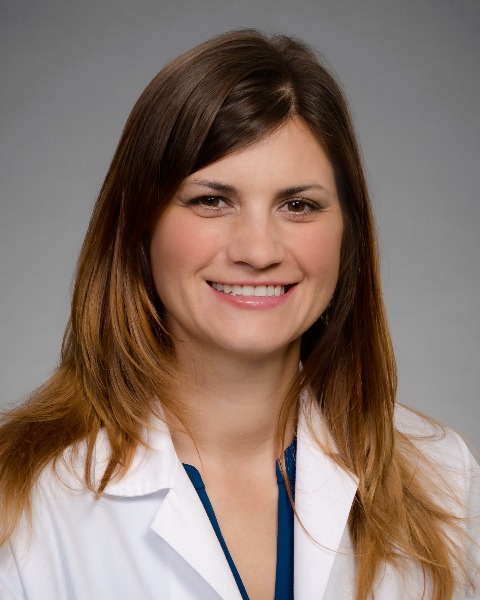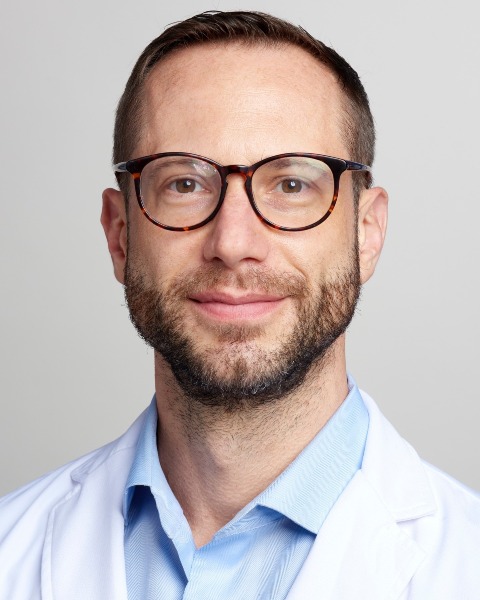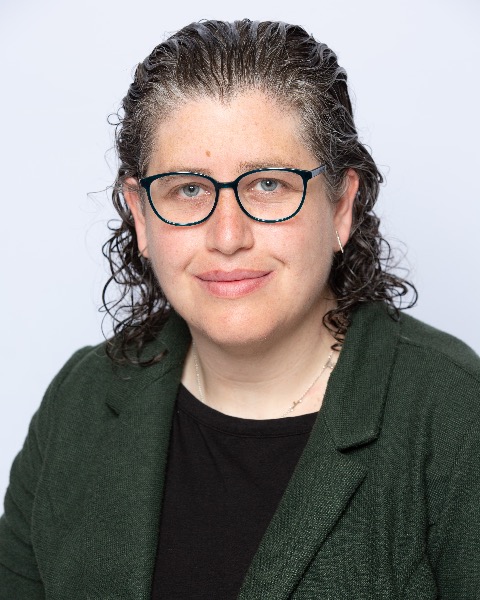So You're Thinking About an R01: Roundtable Discussion on Transitioning to an Independent Investigator (Research Committee Sponsored)
In the past decade there has been a significant expansion of emergency medicine (EM) focused research training programs and a growing cadre of academic emergency physicians who are pursing research careers. While an increasing number of junior faculty are successfully competing for career development and other training awards, EM still ranks near the bottom of medical specialties in success in obtaining independent federal funding. There are less than 10 NIH R01s awarded annually to emergency physicians across the US, which comprise less than 2% of all R01 grants. Only a third of individuals who obtained a mentored award will successfully transition to R01 or equivalent funding, with these awards being concentrated among a handful of institutions with exceptional resources for research. Multiple challenges exist that limit retention of talented physician-scientists and there is a substantial need to provide support for individuals who are in this mid-career stage. This moderated roundtable discussion will identify several challenges and considerations for researchers wishing to pursue R01 or equivalent funding, and potential solutions for these challenges, including differences between project and mentored grants, timing, FTE support and bridge funding, team development and staffing, how to negotiate shifting relationships with mentors, among others. We expect that the information provided in this session will help attendees to better prepare for an independent research career by sharing tips and solutions from successful researchers who have recently made the transition to independent investigators.
Presenters:
- Amber K. Sabbatini, MD, MPH
- Marc A. Probst, MD, MS
- Dowin Hugh Boatright, MD, MBA, MHS
- Elizabeth M. Schoenfeld, MD, MS
- Margaret E. Samuels-Kalow, MD, MPhil, MSHP
- Bory Kea, MD, MCR
-

Amber K. Sabbatini, MD, MPH
University of Washington
Dr. Sabbatini is an Associate Professor of Emergency Medicine and Health Systems and Population Health at the University of Washington. She is a federally-funded health services researcher who studies how the delivery of hospital care affects patient outcomes, resource utilization, and quality. Her work has been funded by the NIA, NIMH, AHRQ, Washington Department of Health, and several foundations. Her current research revolves around evaluating the impact of payment policies and delivery system reforms on health outcomes and costs, especially as it pertains to mental heath delivery and outcomes for Medicaid enrollees.
-

Marc A. Probst, MD, MS
New York–Presbyterian Columbia University Medical Center
Dr. Probst is the Director of General Emergency Medicine Research at Columbia University Medical Center. He earned his Bachelor of Science degree and medical degree (MD) from McGill University in Montreal, Canada before moving to Los Angeles to pursue residency training at LA-County USC Medical Center. He then went on to complete a research fellowship at the UCLA Medical Center obtaining a Master of Science degree in Health Policy and Management from the UCLA School of Public Health. Dr. Probst joined the Columbia faculty in 2021 and is currently funded through an R01 grant from the National Heart, Lung, and Blood Institute to study syncope risk-stratification. His research focuses on shared decision-making and syncope in the Emergency Department.
-

Dowin H. Boatright, MD, MBA, MHS
New York University
Dr. Boatright is a graduate of Morehouse College, receiving his medical degree from Baylor College of Medicine, and a Master in Business Administration from Rice University. Dr. Boatright is the Vice Chair of Research for the department of Emergency Medicine at the New York University Grossman School of Medicine. His research interests include diversity in the health care workforce and bias and discrimination in medical education. Dr. Boatright’s work has been funded by the National Institute on Minority Health and Health Disparities and by the National Institute of General Medical Sciences.
-

Elizabeth M. Schoenfeld, MD, MS
UMass Chan - Baystate
Dr. Schoenfeld is the VC of Research at UMass Chan-Baystate. She completed her K award in 2023 (Shared Decision Making in the ED for imaging decisions in suspected renal colic) and currently serves as a mentor to several K awardees and clinician-researchers working towards K funding. She has received research funding as PI from NIDA, AHRQ, and various foundations (R03, K, and R34). She is a Decision Editor for Qualitative Methods for Academic Emergency Medicine. Current areas of research and interest include shared decision-making (SDM) with people who use drugs, building trustworthiness, SDM without shared language, supporting EM research, and harm reduction for people who use stimulants. She is more than happy to talk to you about your own research interests, your career, qualitative methods, or any place she could be helpful to you.
-

Margaret E. Samuels-Kalow, MD, MPhil, MSHP
Massachusetts General Hospital
Dr. Samuels-Kalow is an Associate Professor at Harvard Medical School (HMS), an attending physician in emergency medicine and pediatric emergency medicine at Massachusetts General Hospital (MGH), and the Vice-Chair for Research in the Department of Emergency Medicine at MGB. Her work focuses on developing interventions to reduce disparities in emergency care, and designing strategies to use the ED visit to address adverse social determinants of health. Current projects include work to examine the role of individual and hospital factors in quality and equity of care for children in general emergency departments and understanding how to best address unmet oral health and social needs in the ED.
-

Bory Kea, MD, MCR
Oregon Health Sciences University
